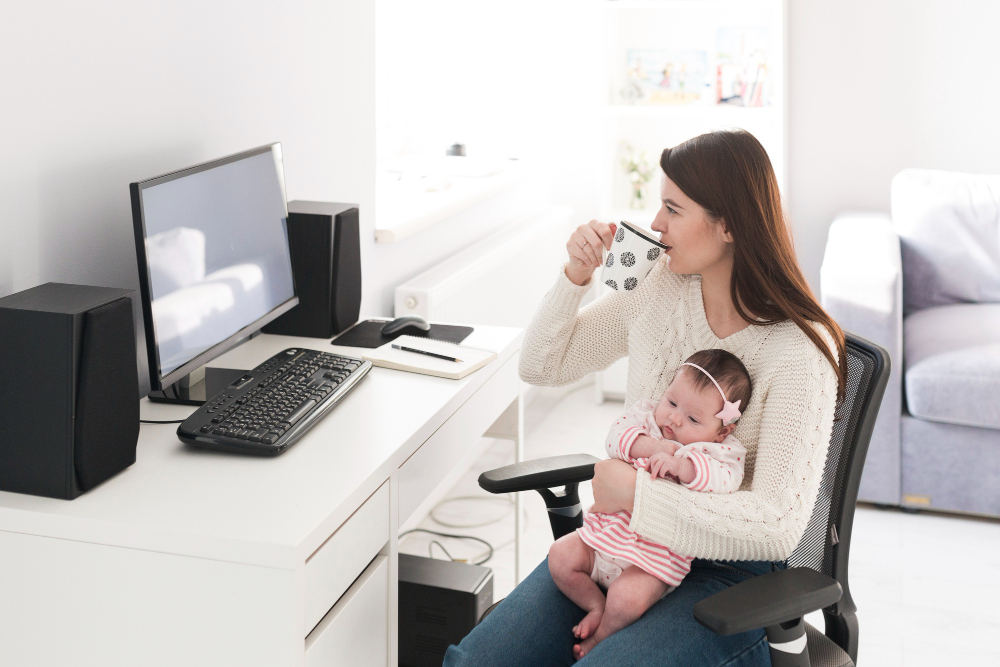Introduction: The Many Faces of Womanhood
A woman today wears many hats—professional, mother, daughter, partner, friend, dreamer. Yet, behind these roles lies the question every woman asks at some point: Who am I, really?
For centuries, society defined women primarily through their relationships with others—a daughter, a wife, a mother. But in the modern world, identity has expanded. Women are CEOs and entrepreneurs, artists and activists, homemakers and explorers. And often, they are all of this at once.
But this evolution comes with its own complexities. How do women balance career with motherhood? How do they maintain independence while nurturing families? How do they protect their individual identity in a world full of expectations?
Let’s explore the journey of women and identity—through career, motherhood, independence, and balance.
- Career: The Professional Identity of Women
The professional world has always been a battlefield for women. From fighting for the right to work to breaking glass ceilings, women have transformed workplaces.
🔹 Career as Empowerment
- Having a career gives women financial independence—a core part of modern identity.
- It allows them to contribute beyond the home and claim equal space in decision-making.
- Role models like Indra Nooyi, Oprah Winfrey, and Kiran Mazumdar-Shaw inspire millions of women to dream big.
🔹 Challenges Women Face at Work
- Gender Pay Gap: Women often earn less than men for the same work.
- Bias & Stereotypes: Leadership roles are still considered “male-dominated.”
- Career Breaks: Many women are forced to pause careers for family responsibilities.
Despite these hurdles, women continue to redefine professional identity by leading startups, shaping industries, and building communities.
- Motherhood: A Powerful but Complex Role
Motherhood has long been seen as a woman’s “natural” identity. But in the digital age, this role is layered with complexity.
🔹 The Joy & Power of Motherhood
- Motherhood often brings a sense of purpose and emotional fulfillment.
- It creates bonds that shape not only children but also the larger society.
- Many women say motherhood deepens their empathy, resilience, and strength.
🔹 The Motherhood Penalty
Yet, motherhood is often viewed as a “career roadblock.”
- Women face bias in hiring if they’re mothers or expected to become one.
- They juggle sleepless nights with board meetings, often without adequate support.
- Society still tends to judge mothers harshly for choosing career over family—or vice versa.
🔹 Redefining Motherhood
Today, women are reclaiming motherhood as one part of identity, not the whole. A mother can be a professional, traveler, entrepreneur, or artist. She doesn’t stop being herself because she became a parent.
- Independence: The Core of Women’s Identity
Independence—financial, emotional, and social—is at the heart of a woman’s identity.
🔹 Financial Independence
- The ability to earn and manage money gives women agency over their lives.
- It reduces dependency on family or partners and provides freedom to make choices.
🔹 Emotional Independence
- Modern women emphasize mental health, boundaries, and self-care.
- They are learning to say “no” without guilt and prioritizing personal growth.
🔹 Social Independence
- Women are traveling solo, living alone, and choosing lifestyles that were once considered unconventional.
- Independence is not rebellion—it is self-definition.
- Balance: The Art of Juggling Roles
Perhaps the greatest challenge women face today is balance.
🔹 Work-Life Balance
- Managing deadlines, children’s school projects, relationships, and personal health is exhausting.
- The pandemic blurred lines further, turning homes into offices and classrooms.
🔹 The Myth of “Having It All”
Society often sells the idea that a “successful woman” must flawlessly balance career, motherhood, relationships, and fitness. In reality, balance is messy and personal.
Some days, career takes priority. Other days, family does. And that’s okay.
🔹 Support Systems Matter
- Partners who share household duties.
- Workplaces with flexible policies.
- Communities that respect women’s choices.
Balance is not about perfection—it’s about choosing what matters most in the moment.
- The Evolution of Female Identity
The way women view themselves has changed drastically over time.
- Traditional Era: Women as homemakers, nurturers, defined by family.
- Transitional Era: Women entering workforce but still bound by cultural norms.
- Modern Era: Women creating multifaceted identities—career-driven, independent, yet deeply connected to family.
- Future Era: Women shaping identity beyond gender—valued simply as individuals with dreams and voices.
- Stories that Reshape Identity
🔹 The Entrepreneur Mom
A woman who starts her business while raising children isn’t just balancing roles—she’s redefining success.
🔹 The Professional Daughter
Young women supporting families financially are rewriting old narratives about dependence.
🔹 The Independent Explorer
Women traveling solo prove that identity isn’t tied to safety nets but to courage.
These stories remind us: identity is not one-size-fits-all.
- The Role of Society in Shaping Women’s Identity
Women don’t shape identity in isolation—society plays a huge role.
- Media Representation: Films and ads often reinforce stereotypes, but slowly more authentic portrayals are emerging.
- Education: Equal opportunities in education allow women to explore diverse careers.
- Policies: Maternity leave, equal pay, and workplace inclusivity shape women’s professional journeys.
Society must evolve alongside women, creating environments where multiple identities can thrive.
- The Inner Journey: Rediscovering Self
Amid roles and responsibilities, women often lose sight of their inner identity.
- Journaling, writing, art, and yoga help women reconnect with themselves.
- Many women rediscover identity after children grow up or after career shifts.
- The inner journey is about asking: What makes me feel alive? What do I want beyond labels?
Conclusion: Women, Identity, and the Power of Choice
A woman is not just a mother, not just a professional, not just a partner—she is all of these, and more. Her identity is fluid, dynamic, and ever-evolving.
Career gives her independence, motherhood gives her nurturing strength, balance gives her resilience, and independence gives her wings.
But above all, identity is about choice.
The choice to define oneself beyond stereotypes.
The choice to embrace or reject traditional roles.
The choice to live authentically, unapologetically.
In today’s world, women are no longer asking for permission to define their identity. They are simply living it.
And perhaps, that is the greatest revolution of our times.

